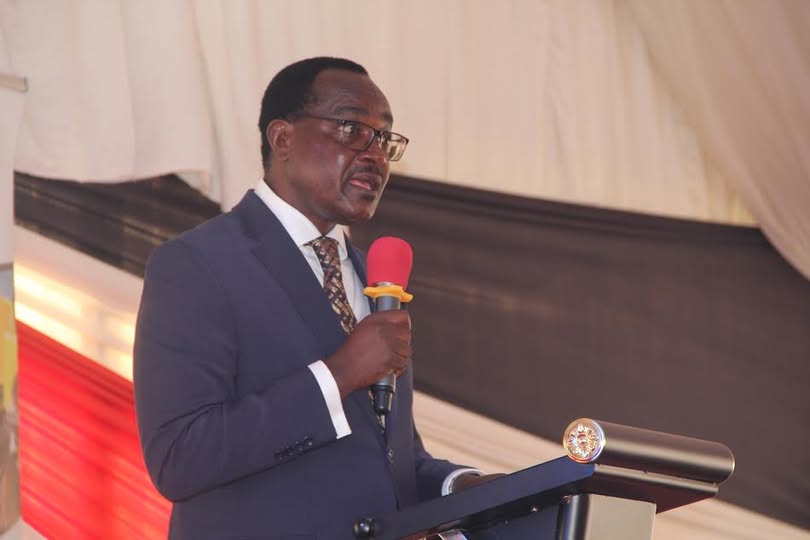Govt Clarifies Reverting to Old University Funding Model
The Ministry of Education has provided an update regarding the new university funding model’s implementation following a high court decision that deemed it unconstitutional.
Beatrice Inyangala, the Principal Secretary for the State Department for Higher Education and Research, clarified that the government has not returned to the previous funding model.
PS Inyangala appeared before the Senate Standing Committee on Education on Thursday, March 20, where she explained that the allocation of funds under the new funding model is based on amounts that were appropriated in 2024 before the High Court ruling was made.
“I would like to clarify that we have not returned to the previous funding model. The funds being disbursed had already been appropriated in 2024, at the time the judgment was delivered. We sought guidance from the Attorney General, and we were advised correctly on how to disburse the funds,” PS Inyangala stated.
“The Ministry of Education, through the Office of the Attorney General and Department of Justice, has filed a notice of appeal. The issue is currently before a three-judge bench, which is set to make its determination on the 26th of March 2025.
Additionally, the PS stated that although the court order had halted full implementation, certain components of the funding model had already taken effect.
This follows the Senate Committee, led by Vice Chair Senator Margaret Kamar, seeking clarification on the future of university funding and expressing concerns regarding students who are left uncertain due to the suspension of the model.
PS Inyangala introduces plans for the university funding model.
Senators urged the ministry to clarify whether students already placed under the model would continue receiving assistance and what alternative options were being contemplated to guarantee uninterrupted educational experiences.
PS Inyangala disclosed that the ministry is looking into alternative strategies to keep universities operational and ensure that students receive financial support.
One of the proposed alternatives is a hybrid funding model that incorporates government scholarships, student loans, and collaborations with the private sector.
“The government is actively involving stakeholders, including the judiciary, universities, and financial institutions, to address the legal issues and restore stability to higher education funding,” the PS indicated.
Geoffrey Monari, CEO of the Higher Education Loans Board (HELB), mentioned that the government is also contemplating the expansion of HELB financing, enhancing bursary distributions, and modifying university fee structures to strike a balance between affordability and institutional viability.
Monari further informed the Senate Committee that since the Board has started to distribute accurate information about the model, there has been an increase of 5000 loan applications from students.
Moreover, he noted that current HELB loan recoveries stand at 64%.
Beyond immediate solutions, the ministry emphasized the importance of long-term sustainability in financing universities.
Officials recommended that universities should adopt revenue-generating ventures such as research, innovation, and consultancy services to lessen their dependence on government funding.
Additionally, cost-reduction strategies and digital transformation could assist institutions in optimizing resources while upholding academic standards.
Court rules on appeal by government.
The destiny of the newly proposed university funding model, however, remains unclear despite the guarantees as the legal dispute persists.
In February, the High Court of Kenya dismissed a request from the government to delay its previous ruling that deemed the new university funding model unconstitutional.
Justice Chacha Mwita reiterated the decision made on December 20, 2024, asserting that the funding model contravened the constitution.
“Thus, for the reasons mentioned above, the application dated January 27, 2025, is rejected and dismissed. I issue no order concerning costs,” the court declared.
The request, submitted by the Kenya Universities and Colleges Central Placement Service (KUCCPS), aimed to obtain a short-term suspension of the court’s ruling to facilitate the regularization of the new funding model.

